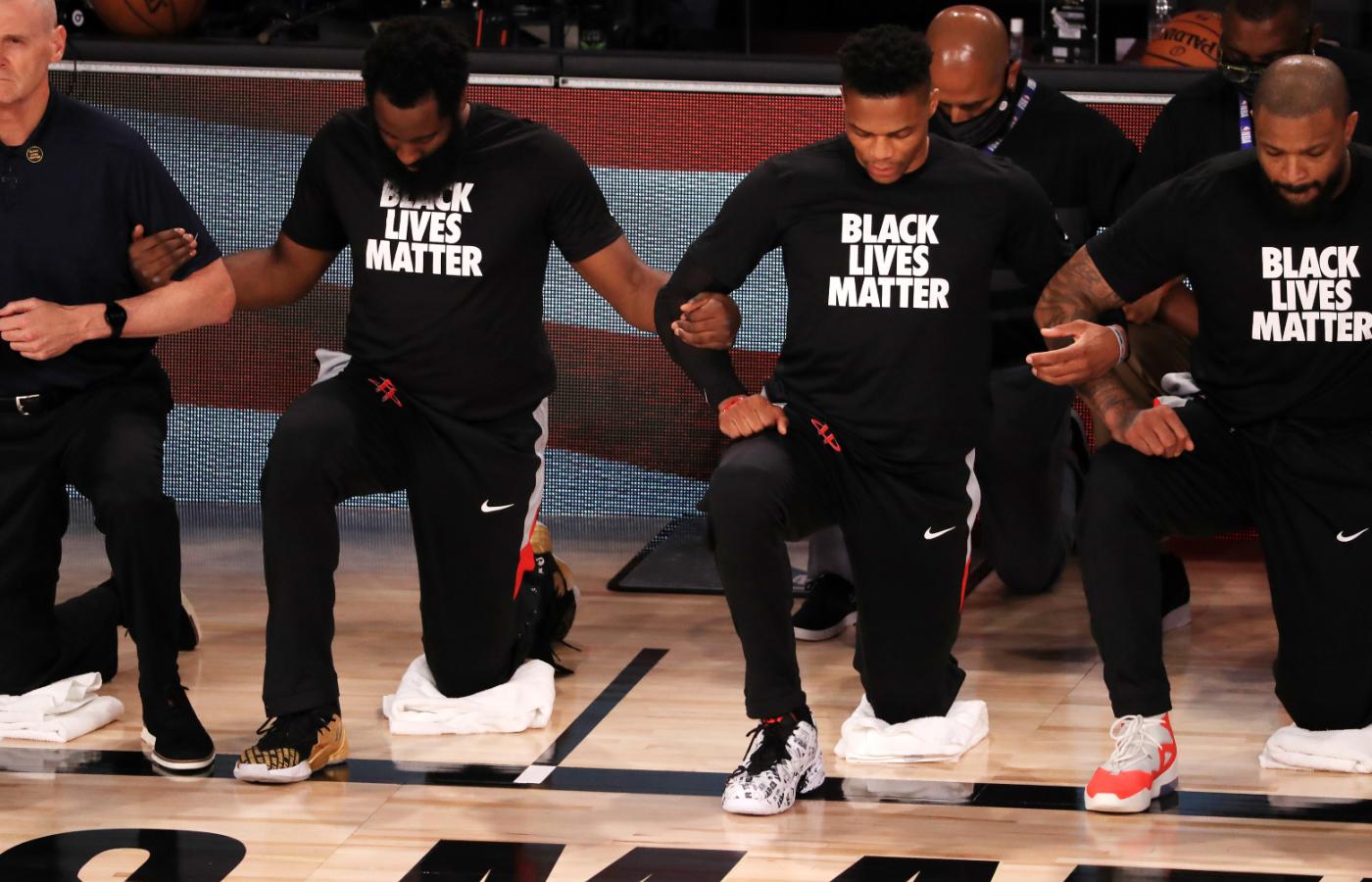
US Pork vs. the Passport: Is Eating US Pork the Only Way To Prove We Are Taiwanese?
President Tsai Ing-Wen announced the decision to import U.S. pork and beef, and right as the issue began to boil over with negative criticism of the Democratic Progressive Party, the Ministry of Foreign Affairs came to the rescue with the "timely" release of a new passport design. The "Taiwan" is printed in large eye-catching letters, but the "Republic of China" is so small that you need a magnifying glass to see it clearly.
Moreover, media outlets have found that, while, originally, 37 non-government groups were opposed to the opening up of U.S. pig imports, now there are only two that remain in firm opposition; the rest have gone silent. It seems that rather than what we eat, society cares more about who we are.
This distinction between identity and lifestyle has indeed become a topic of interest to many scholars. For example, Francis Fukuyama, a scholar who once declared that all mankind would embrace freedom and democracy, has pointed out that post-Cold War identity politics have become so prevalent that it has led to the rise of populism, triggering Britain's departure from the European Union and allowing Donald Trump to ascend to the U.S. presidency, creating a political crisis for Western democracy.
British sociologist Anthony Giddens has also offered a discourse on politics in this post-Cold War era of globalization. In his book, “Modernity and Self-Identity,” Giddens argues that, in the process of institutional transformation in modern societies, the demands on the system have given rise to a distinction between emancipatory politics and life politics.
Emancipatory politics refers to the liberation of social life from traditions and constraints based on hierarchical power, with the aim of eliminating or mitigating inequality and exploitation of power and resources. Emancipation politics emphasizes the inequality of power and resources among people, and its inclination is therefore toward "others." In short, it focuses on distinctions such as class, ethnic group, gender and so on. Emancipation politics is externally oriented rather than introspective; it emphasizes "freedom" rather than "responsibility."
As opposed to emancipation politics, which is a politics of "life chances," Giddens' so-called life politics places emphasis on lifestyle, with hopes of constructing a new order of life and achieving self-actualization through reflexive action. Life politics is based on the individual's inherent power in making a series of decisions in daily life, constantly asking the questions, “How should we live?” “What kind of life do we want?” Life politics is self-oriented, with more emphasis placed on individuals’ actualization of their lives than on collective freedom. Once I believe that global warming threatens my life and have become aware that developmentalism exploits both the environment and the underprivileged, I must make changes in my daily life. I should not be the hypocrite who proclaims to be anti-nuclear energy while sitting comfortably in an air-conditioned room, or boast of being leftist while in hot pursuit of the latest consumer trends. All of these operational decisions often have little to do with which group I belong to.
Giddens argues that self-identity is not an external label. External nomenclature carries with it the power to declare, but true self-identity is constructed through reflexive, everyday life experiences. Collectivity is sometimes unfounded, bringing with it deception and oppression, disconnected from life experiences and leading to a sense of powerlessness.
Giddens also points to the relationship between technocracy and the risks of modern society as constructed by the professional system. He argues that "trust" has shifted from face-to-face promises in traditional societies to impersonal ones in modern society. We cannot obtain assurances from pig farmers about the safety and health of their pigs, so we rely on the people working in labs to tell us whether the pigs are safe. The question is, are these experts truly more reliable? Are there any political operations at work? Is there any temptation of corporate interest? Or does a person cherish their credibility more for fear of losing the trust of others?
Modern social risks have departed from traditional social risks. The risks we face from natural hazards have been dramatically reduced, while the risks posed by technocracy are increasing. Asymmetries in knowledge, information and even credibility are exposing us to greater risk than ever before. Giddens argues that it is possible to counter such technocracy in everyday decision-making.
Before asking, "Who am I?" "Who are we?", first ask yourself, "What kind of life do I want?" Before you eat the pork, think to yourself, "What is it that I'm eating?" "Why am I eating it?" Maybe there is really no need to prove ourselves Taiwanese by eating American pigs.

